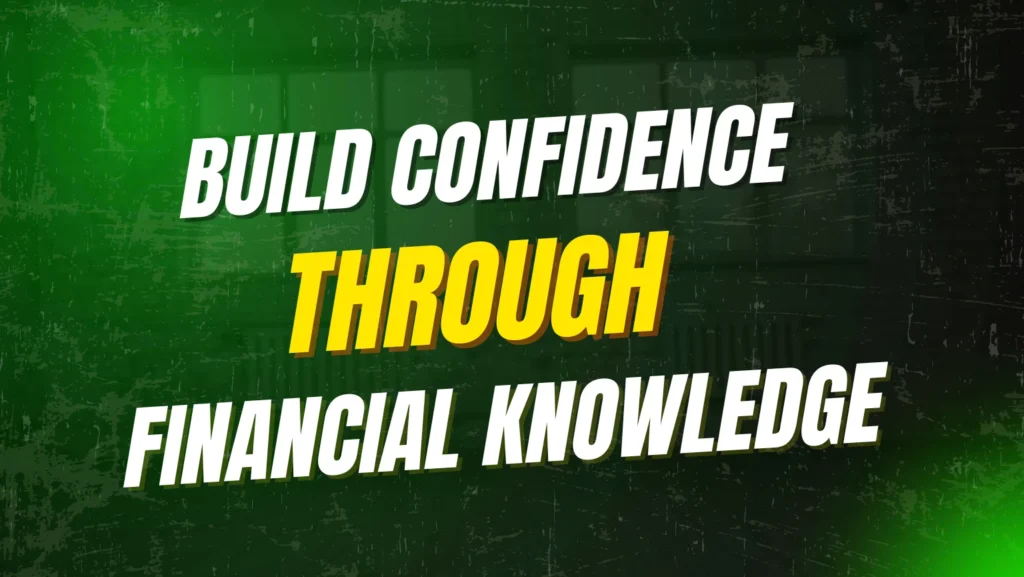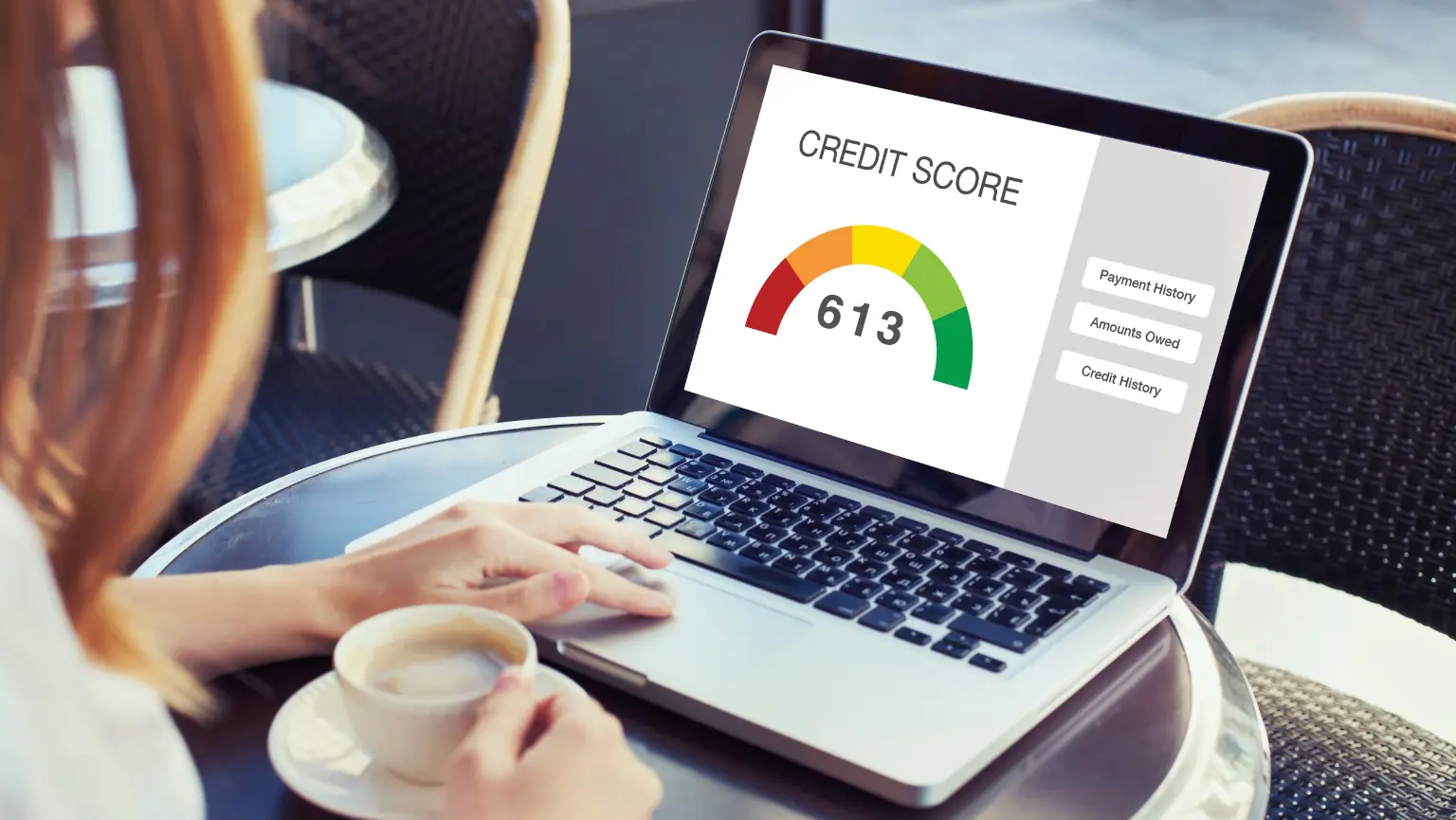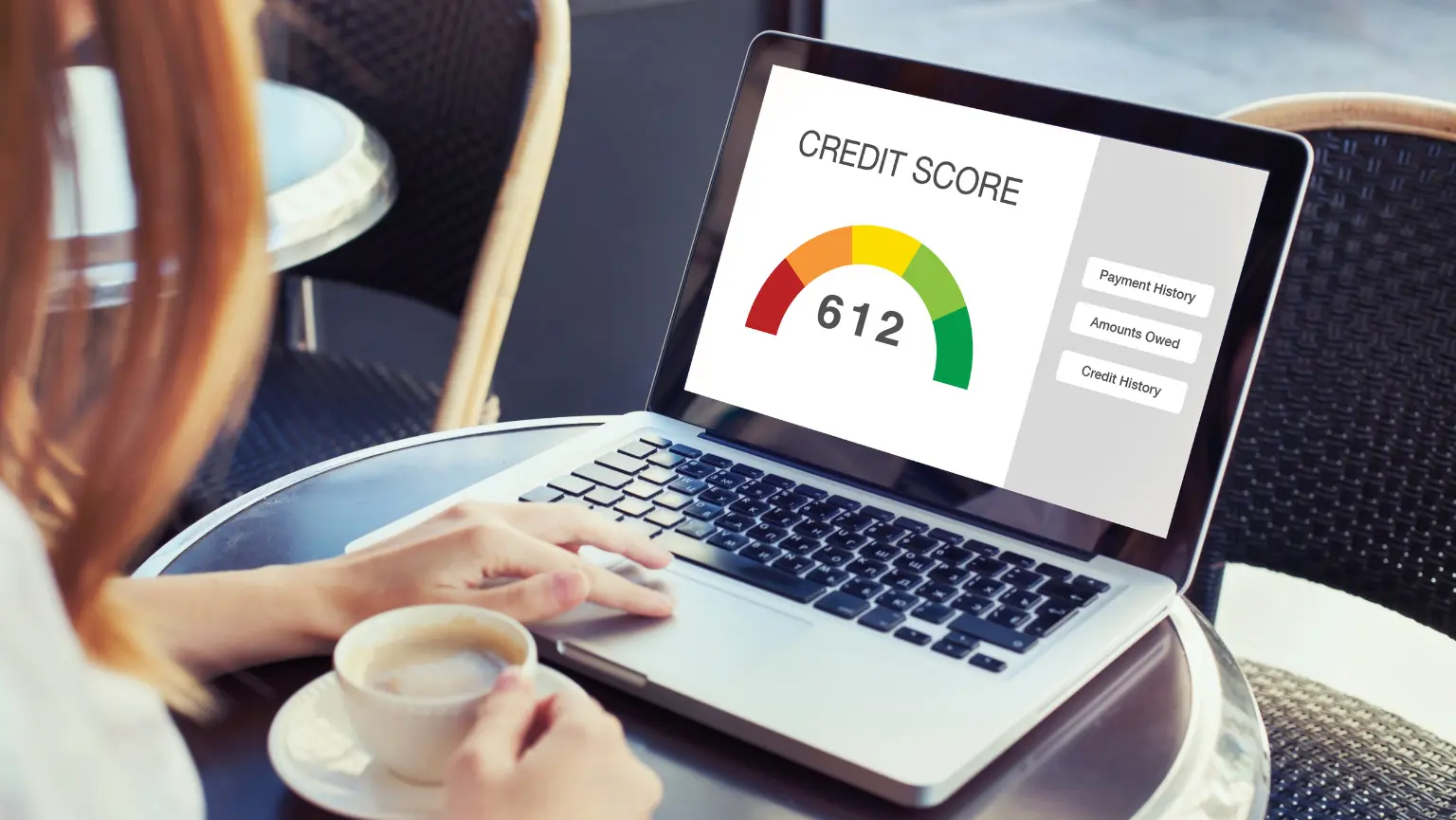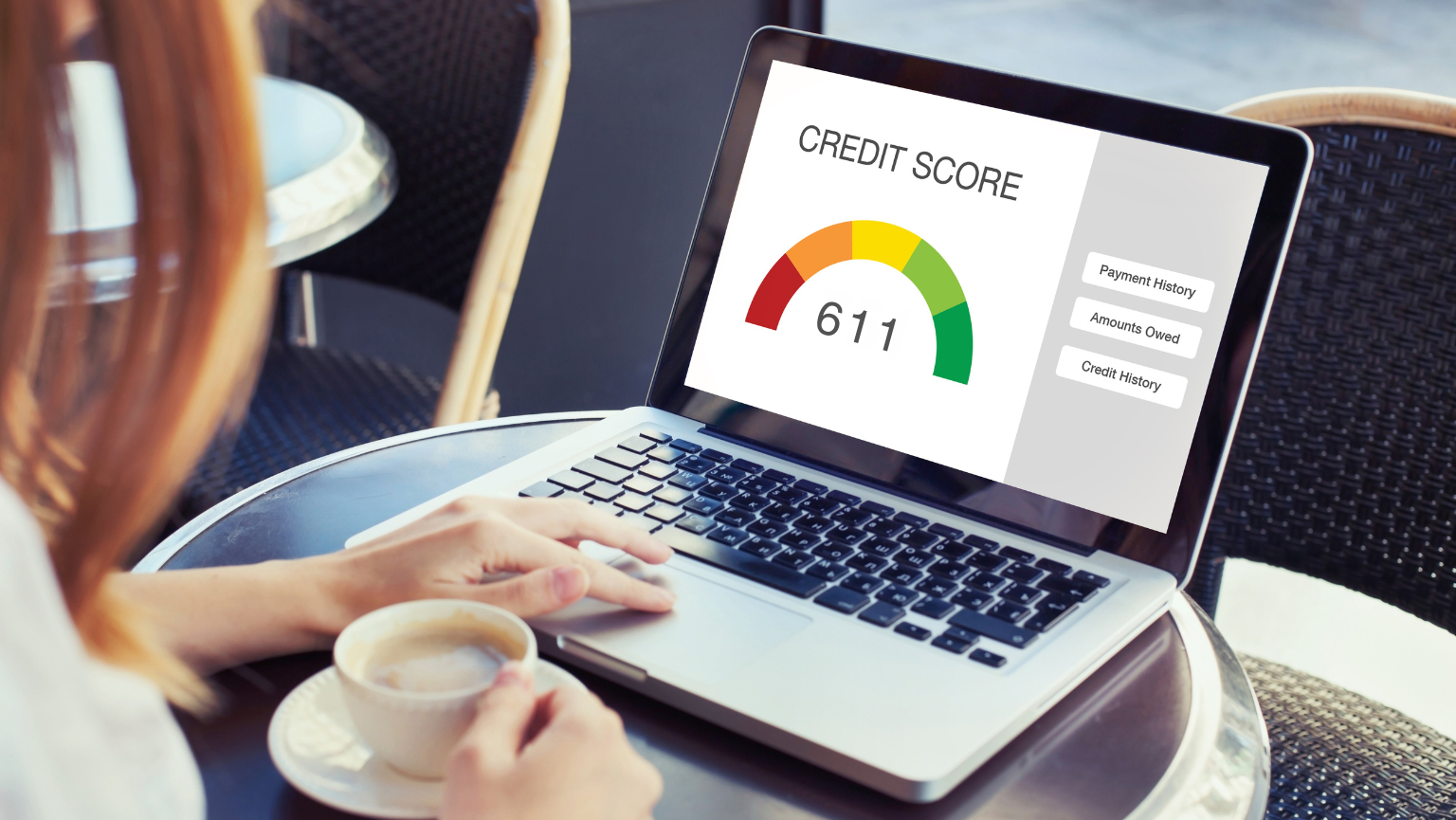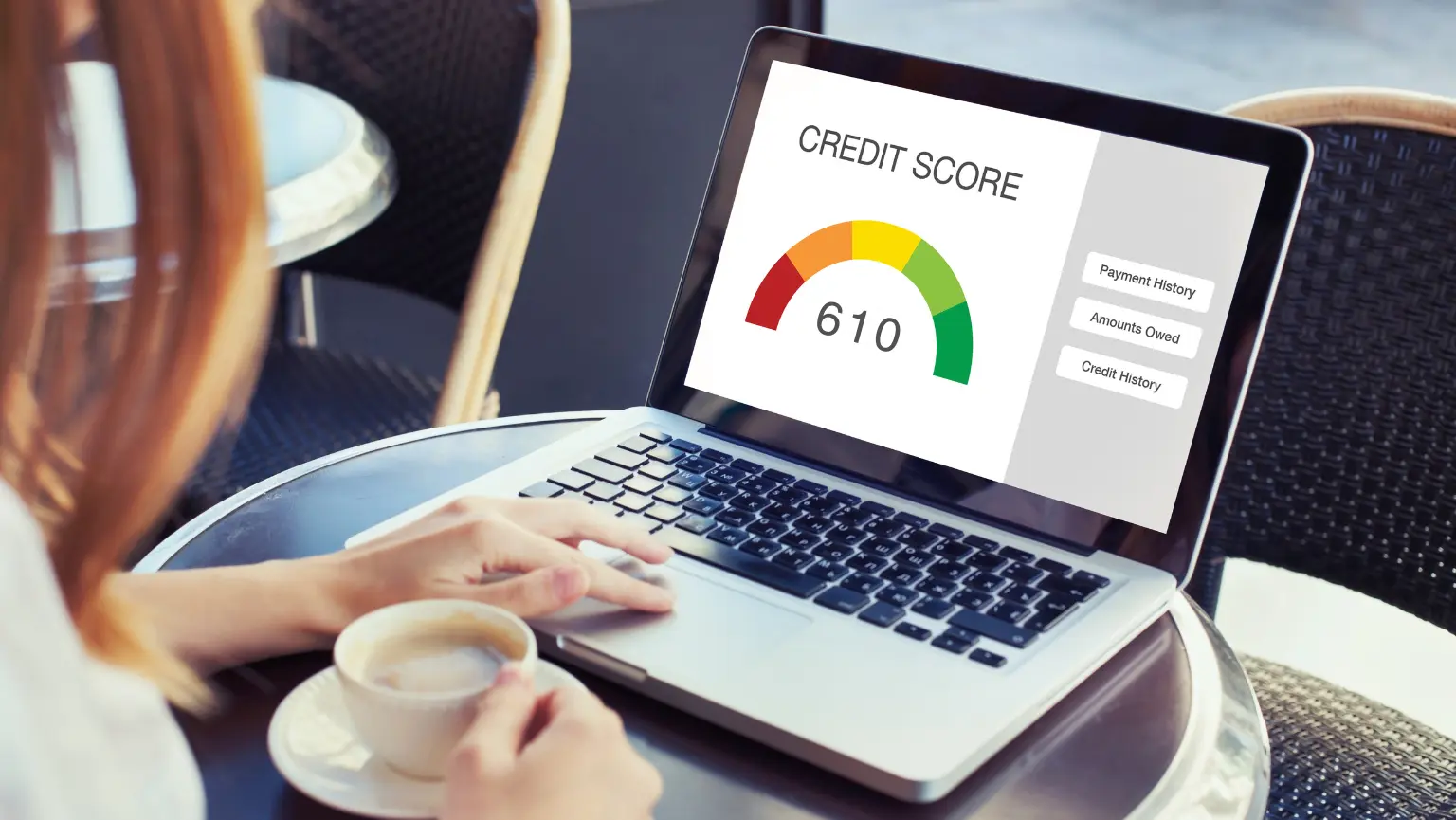
Building credit from scratch can feel like a daunting task, especially when you’re eager to establish a solid financial foundation quickly. Whether you’re a young adult just starting out, someone who’s never had credit before, or rebuilding after financial setbacks, understanding how to build credit fast is crucial. A good credit score opens doors to better loan rates, easier apartment rentals, and even job opportunities. This blog will guide you through the fastest and most effective ways to build credit from zero, along with habits to maintain for long-term success.
Understanding the Basics of Credit
Before putting any solutions into practice, it’s imperative to understand what credit is and why it matters. Your credit score is a number that lenders use to evaluate how likely you are to repay borrowed money. It is based on your credit history, which comprises the information that credit bureaus have on your borrowing and repayment patterns. A higher score means better financial trustworthiness, which can save you money on interest rates and security deposits.
Credit bureaus collect and maintain your credit information, which lenders access when you apply for credit. Building credit means creating a positive history that these bureaus can report.
Check Your Credit Status
If you’ve never had credit before, you might not have a credit file at all. The first step is to check your credit report, which you can get for free annually from the three major credit bureaus: Experian, Equifax, and TransUnion. This will confirm whether you have any credit history and help you monitor your progress as you build credit.
Fastest Ways to Start Building Credit
Open a Secured Credit Card
One of the quickest ways to start building credit is by opening a secured credit card. Unlike traditional credit cards, secured cards require a cash deposit that acts as collateral, usually equal to your credit limit. This reduces risk for the issuer and makes it easier for beginners to qualify.
Use the protected card sensibly by keeping the balance low and making your monthly bill payments on time. Over time, your positive payment history will be reported to credit bureaus, helping to build your credit score.
Become an Authorized User
Another fast method is to become an authorized user on someone else’s credit card, such as a family member or close friend with good credit. When you’re added as an authorized user, the primary cardholder’s positive payment history and credit utilization can reflect on your credit report.
Be sure to choose someone who manages their credit well because negative activity can also affect your score. This method can jumpstart your credit without the need to apply for credit yourself.
Apply for a Credit-Builder Loan
Credit-builder loans are designed specifically to help people build credit. Instead of receiving a lump sum upfront, the loan amount is held in a secured account while you make monthly payments. Once you’ve paid off the loan, you get access to the funds.
Credit bureaus are notified of each on-time payment, creating a favorable payment history. These loans are often available through credit unions or community banks and can be a great way to build credit while saving money.
Report Rent and Utility Payments
Rent and utility payments can help establish credit, although many people are unaware of this. While these payments don’t automatically appear on your credit report, you can use third-party services that report your rent, phone, and utility payments to credit bureaus.
Consistently paying these bills on time can add positive data to your credit file, helping to build your score faster.
Additional Strategies for Rapid Credit Growth
- Use a Co-signer: If you have a trusted family member or friend with good credit, having them co-sign a loan or credit card can help you qualify and build credit faster.
- Diversify Your Credit Mix: Having a combination of revolving credit (like credit cards) and installment loans (like auto or student loans) can positively impact your credit score.
- Limit Hard Inquiries: Each time you apply for credit, a hard inquiry is recorded, which can temporarily lower your score. Don’t apply for more than one credit account at once.
Good Credit Habits for Long-Term Success
Building credit quickly is important, but maintaining good habits ensures your credit stays strong:
- Pay Your Bills on Time: Your credit score is mostly influenced by your payment history. Your credit can be seriously harmed by late payments.
- Maintain a Low Credit Utilization: To demonstrate to lenders that you are a responsible borrower, try to use less than 30% of your available credit.
- Review Your Credit Report Regularly: Check for errors or fraudulent activity and dispute any inaccuracies promptly.
- Avoid Closing Old Accounts: The length of your credit history matters, so keep older accounts open even if you don’t use them often.
How Fast Can You Expect Results?
Typically, you can expect to see your first credit score within 3 to 6 months of starting to build credit. The speed depends on how quickly your positive activity is reported and how consistent you are with payments. While it’s natural to want immediate results, building a strong credit history is a marathon, not a sprint.
Common Mistakes to Avoid
- Missing Payments: Your score may suffer from even one late payment.
- Maxing Out Credit Cards: High balances relative to your credit limit signal risk to lenders.
- Early account closure: can lower your credit score and decrease your credit history.
- Falling for Scams: Avoid companies promising instant credit or “credit repair” for a fee.
Conclusion
Building credit from scratch doesn’t have to be complicated or slow. By opening a secured credit card, becoming an authorized user, using credit-builder loans, and reporting rent or utility payments, you can start establishing credit quickly. Pair these strategies with disciplined habits like paying on time and keeping balances low, and you’ll build a strong credit foundation that will benefit you for years to come. check your Personal Financial Scores.

